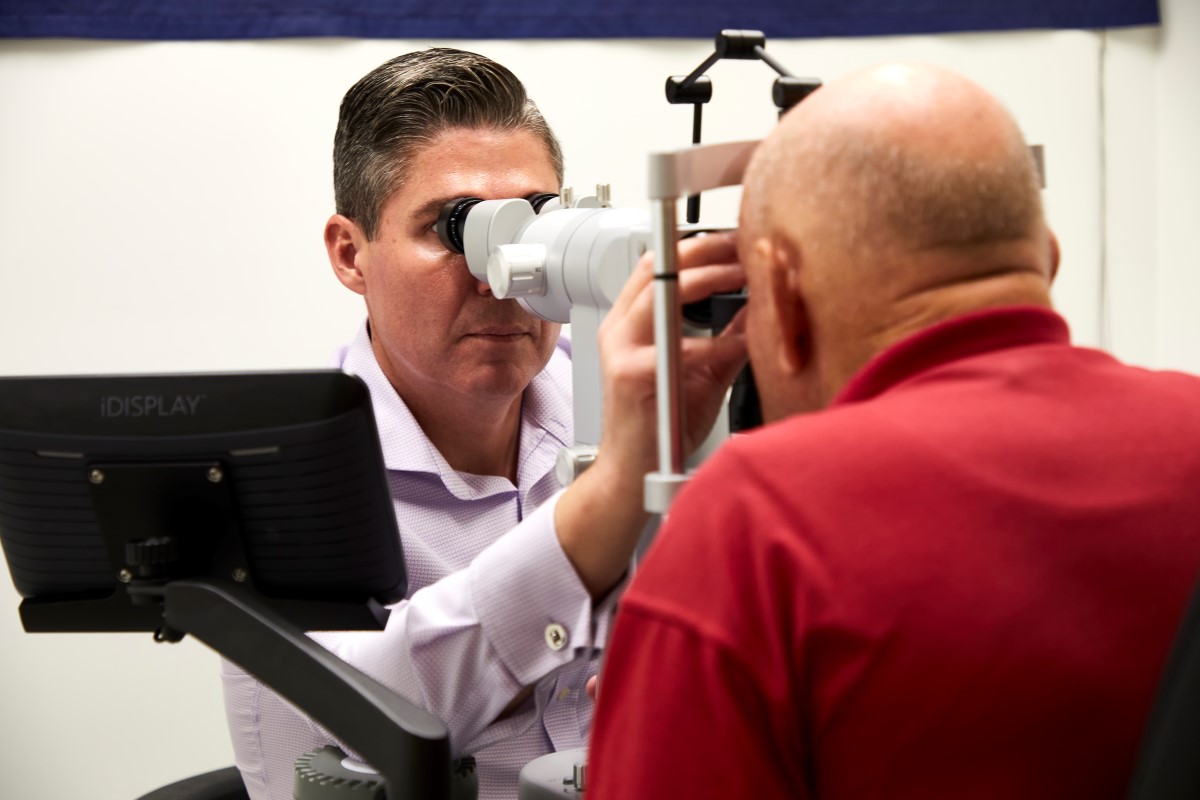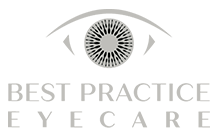What is the difference between an optometrist & an ophthalmologist?
Ophthalmologists (sometimes known as “eye doctors”, “eye surgeons” or “eye specialists”) are medical doctors who specialise in the diagnosis and treatment of eye and vision problems. Ophthalmologists sunshine coast are trained in the diagnosis and medicinal and surgical treatment of eye and visual system problems. An optometrist, on the other hand, is a health care professional who specializes in providing vision care services. They do not diagnose or treat eye diseases; they only prescribe corrective lenses and manage common eye problems.
What is an ophthalmologist?
Ophthalmologists are doctors and surgeons who specialise in eye health and vision and treat all illnesses of the eye. They are recognised by the Royal Australian and New Zeeland College of Ophthalmologists (RANZCO) as medical specialists in Ophthalmology. Ophthalmologists receive considerable training and must pass rigorous exams to enter medical school, progress through medical school, enter the highly competitive Ophthalmology training program, and finally complete the program. If the ophthalmologist is a surgical expert, they must also undergo extensive surgical training. More specifically, in Australia and New Zealand, an ophthalmologist must have completed a minimum of 12 years of training, which includes: 6-7 years gaining a degree in medicine, 2 years undertaking basic medical training, and 5 years specialising in Ophthalmology. All ophthalmologists must successfully complete the RANZCO examinations including up to 12,000 hours of training and surgeries.
A valid referral from a General Practitioner (GP), Optometrist, or medical specialist is required to see an ophthalmologist sunshine coast. They’ll next diagnose any eye disorders and talk about how to manage and treat them. They are able to diagnose and treat diseases and disorders that affect the eyes, as well as other parts of the eye-related system, including the eyelids, conjunctiva, lacrimal system, orbit, sinuses and eyelashes. Ophthalmologists are experts when it comes to managing serious eye problems, such as glaucoma, cataracts, and retinal detachments.
What is an optometrist?
An optometrist is a medical professional who specializes in the diagnosis and treatment of the eyes. They are primary health care providers as they are often the first professionals that clients visit to discuss their eye health. Optometrists provide accessible and critical eye care to communities as clients can visit without a referral and receive Medicare coverage. They work with patients to find the best solutions for their eye health problems. This covers visual system research, refracting for glasses and contact lenses, and detecting common eye problems. For the visually challenged, optometrists prescribe eyeglasses, reading glasses, and contact lenses, as well as visual assistance devices. They can detect and treat common eye problems including dry eyes, near-sightedness, and reading difficulties. They also complete eye health tests to screen for dangerous disorders like glaucoma and macular degeneration. They are well-trained to recognise when to send such eye problems to an ophthalmologist, or a medical professional. Optometrists must undertake 5-7 years gaining a degree in optometry and 1 year of experience, but it is important to understand they are not doctors.
Why is this important?
Because of the difference in training and practical experience, ophthalmologists have more extensive knowledge of diagnosing and treating eye diseases, as well as comprehending patients’ overall health. Optometrists are educated in the detection of major eye diseases like glaucoma, but they are not doctors.
An optometrist should send you to an ophthalmologist if they see changes in your vision that might be an indication of anything serious. If you have a history of eye problems or notice a rapid change in your vision, you should see your doctor or optometrist and request a referral to an ophthalmologist.
Collaboration between optometry and ophthalmology is becoming increasingly important in providing the best eye and vision care. A collaborative approach to contemporary health care produces the best results. The talents of the two professions are different yet complementary. Patients and the general public benefit most when the two collaborate, support one another, and communicate effectively with one another, as well as with other healthcare professionals (such as the GP) and their patients.

Where Best Practice Eyecare comes in…
At Best Practice Eyecare, our ophthalmologist sunshine coast team is led by Dr Karpa, a Fellow of RANZCO , comprehensive Ophthalmologist and expert in Ophthalmology sunshine coast. Based in the beautiful coastal suburb of Golden Beach, Dr Karpa and this expert team provide eye care services of the highest standard with a relaxed, friendly patient-focused approach. We service patients across all areas of the Sunshine Coast including Caloundra, Kawana, Mooloolaba, and Maroochydore. As a leading cataract surgeon and ophthalmologist sunshine coast, Dr Karpa treats a wide range of eye conditions such as cataracts, glaucoma, macular degeneration, dry eyes, and flashes & floaters.




